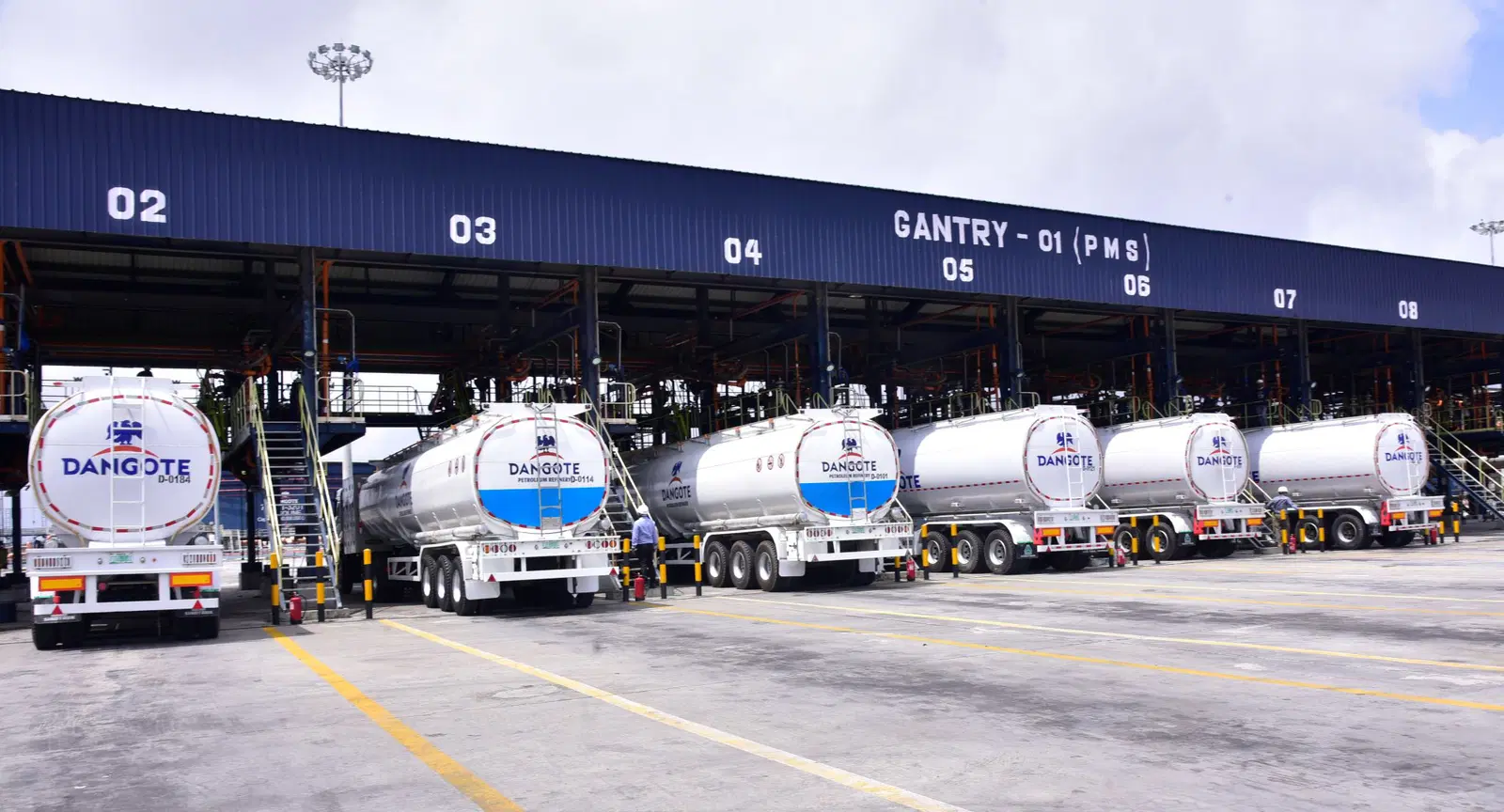The Group of 20 leaders discussed on how to use artificial intelligence to advance economic development while preserving human rights, with some advocating for global regulation of the quickly developing field.
Narendra Modi, the Indian prime minister who is hosting the G-20, urged that the group establish a framework for “human-centric” AI governance, and Ursula von der Leyen, the president of the European Commission, suggested a body with oversight akin to the Intergovernmental Panel on Climate Change.
The G-20 leaders pledged to work towards “responsible AI development, deployment, and use,” which would safeguard rights, transparency, privacy, and data protection while avoiding other problems, in their final communiqué.
A “pro-innovation regulatory/governance approach” that maximises the advantages of AI while taking into account its risks was also agreed upon.
G-7 Leaders also agreed on Establishing ‘Hiroshima Process’ to Regulate AI.
The leaders of the Group of Seven major economies, who expressed worry about the risk posed by the technologies in May, agreed on the need for oversight and made the statement as a result.
A “Hiroshima Process” was established after their meeting in Japan with the goal of holding cabinet-level discussions on the subject and presenting the outcomes by the end of the year.










